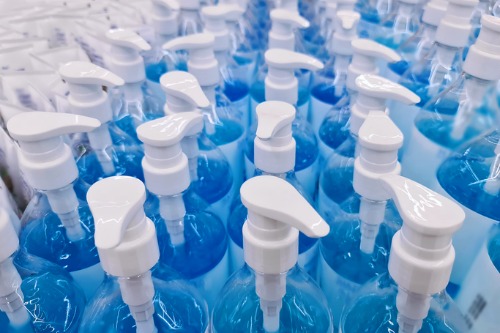

As the world continues to see signs of hope that the worst of the pandemic may be behind us, Robert Holmes counts himself among the many who are looking forward to getting back to business as usual.
Too bad he’s predicting that “business as usual” will be anything but usual for the many manufacturers and suppliers out there who will soon have to deal with a new, post-pandemic reality – a reality where recall exposures promise to loom large.
“As things start to open back up, I think we’re going to see a spike in recalls,” he said.
“An interesting trend that you see throughout COVID is a drop in recall numbers. But that’s not necessarily a reflection of better quality control; it’s a reflection of worsening oversight. As things open back up and audits get stronger, we’re probably going to see a spike or return to trend. I think that’s something coming down the pipeline.”
In a recent white paper co-authored by the senior claims adjuster and complex casualty practice leader, Canada, at Crawford & Company, he points to a number of factors – increasing globalization, more tech-enabled products, and the continued impacts of COVID-19 on supply chains around the world – that will continue to create new uncertainties for manufacturers and suppliers in the product recall space.
“Food and beverage suppliers have faced increased demand and urgency, labour force instability, and added stress to comply with safety protocols,” he writes. “In some cases, enterprises have shifted from business-to-business to direct-to-consumer models, which has resulted in an untested area of risk. All of these hurdles could come at a cost to quality control measures and government oversight.”
But it’s not just the food and beverage sector that will likely see more risk. For instance, the pandemic saw a jump in the number of health-related product recalls last year, with data collected by Infection Prevention and Control Canada showing roughly 38 health-related products recalled in 2020 compared to just two the year before. Hand sanitizers were high on the list, with Health Canada maintaining a list of recalled hand sanitizers that may pose a health risk to consumers.
Another potential source of risk is the growing prevalence of cyber crimes, particularly ransomware attacks in which companies are locked out of their systems by hackers until they pay a ransom demand for access. While those types of attacks have so far resulted in shutdowns that delay production or the delivery of services, Holmes notes that kind of activity could easily lead to malicious tampering that in turns leads to the triggering of recall protocols.
The good news – if you can put it that way – about the pandemic is that it has given manufacturers and suppliers a chance to see where their biggest risks are, Holmes says, and what their operation might look like if, say, sudden new border restrictions cause an interruption in their supply chain.
“The ‘soft underbelly’ of most manufacturers and suppliers lies in quality control, supply-chain oversight, contract management, crises management, and risk transfer strategies,” Holmes noted. “Many large manufacturing and supply enterprises can employ sophisticated risk management teams to develop and oversee crises response and mitigation programs; however, the majority of small- to medium-sized producers are unaware of their product recall risk exposure.”
